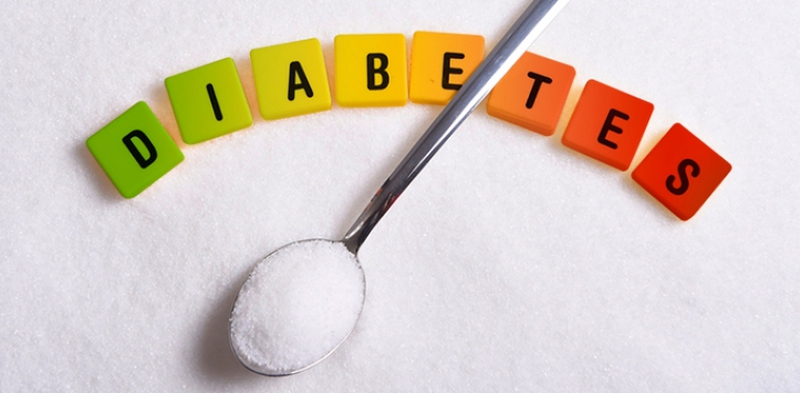You’ve probably seen TV commercials and ads from companies giving assurance to the public that their product can cure or reverse diabetes. If you have been battling this disease for such a long time, this may sound as the answer to your dilemma. But this sounds too good to be true, isn't it?

Can Diabetes Be Reversed?
Let us first define what the meaning of “reverse” is. The term reversing diabetes applies for those people with type 2 diabetes who have shown an impressive long term improvement when it comes to their insulin sensitivity.
Another term for this condition is putting diabetes into remission. It is when they were able to lower down their Hemoglobin A1C (HbA1c) to 42 mmol/mol or below without the help of medications for diabetes.
What about those who have type 1 diabetes?
Unfortunately, type 1 diabetes cannot be reversed. It is an autoimmune disease and reversing it would require a method of preventing the body's immune system from attacking its own insulin-producing cells. Researchers are still currently trying to find a vaccine for type 1 diabetes that could help reverse the condition one day.
How to Reverse Diabetes 2
Low-carbohydrate diet
Carbohydrates are recognized as a fundamental influence in blood sugar levels. Low carbohydrate diet is an effective way to control blood sugar. It lowers the amount of insulin the body produces which results to less insulin resistance.
What is a low-carb diet? A 2008 study categorized a low-carb diet as under 130g of carbohydrates. The lower your intake of carbohydrates, the lower sugar levels you are likely to have. In 2014, Second University of Naples published a study that showed 15% of participants that is in a low carb diet achieved remission after a year.
Low-calories diet
Can diabetes be reversed by a low-calorie diet? The answer is a resounding yes.
A 2011 study published by Newcastle University’s researchers shown that 7 out of 11 participants achieved remission from diabetes with an 800kcal per day diet for 8 weeks. Their diet consisted of around 600kcal from meal shakes and 200kcal from vegetables with lower amount of calories and carbohydrates. There is a significant reduction in storage of fat within pancreas and liver which correlates to the reversal of diabetes.
Foods that must be avoided
A fight to reverse diabetes is not an easy one. A person must be cautious to his diet and should stay away from these foods listed below:
Refined Sugar. Fruit juice, soda, and other sugary beverages are the common cause of the spike of blood glucose. Refined sugar rapidly enters the blood stream and can cause severe blood glucose elevation.
Grains. They contain large amount of carbohydrates that can lead to a spike in blood sugar.
Alcohol. They are high in carbohydrates and can lead to liver intoxication and increase blood sugar.
Supplements
Can diabetes be reversed by supplements? Yes, there are some supplements to balance the sugar level in the blood. Below are the top supplements in the market:
Chromium Picolinate (600 mcg daily) helps increase sensitivity of insulin.
2 tsp. of Cinnamon everyday helps improve control of blood sugar.
1,000 mg of Fish Oil daily because omega-3s are important for insulin to function properly.
300-1200 mg of Alpha-Lipoic Acid daily reduces neuropathy symptoms and improves insulin sensitivity
Fiber Powder (10 g) Fiber from seeds and vegetables can control blood glucose.
Other supplements that can be used include rhodiola, magnesium, bitter melon, green coffee extract and gymnema sylvestre.
Exercise
People that are committed to exercise were able to reverse their type 2 diabetes successfully. Together with a healthy diet, proper exercise can help decrease the body’s demand for insulin and helps reverse diabetes as a result.
There are a lot of success stories where remission was achieved by exercise. A 2015 study showed that 67% of participants achieved partial remission with a 6-month diet and an exercise program.
Bariatric surgery
Can diabetes be reversed by surgery? Bariatric surgery showed promising results in the reversion of type 2 diabetes, and gastric bypass surgery is one of the most common and helpful surgeries.
During gastric bypass surgery, a considerably smaller stomach pouch is created which facilitates significantly smaller meals. Then this will make you consume fewer calories. This type of procedure is risky but delivers the most promising remission rate.
A person with diabetes needs to make a change in his lifestyle and diet. With hard work and perseverance, those who have type 2 diabetes can live a life free from diabetes medication and supplements.
View All Comments /Add Comment